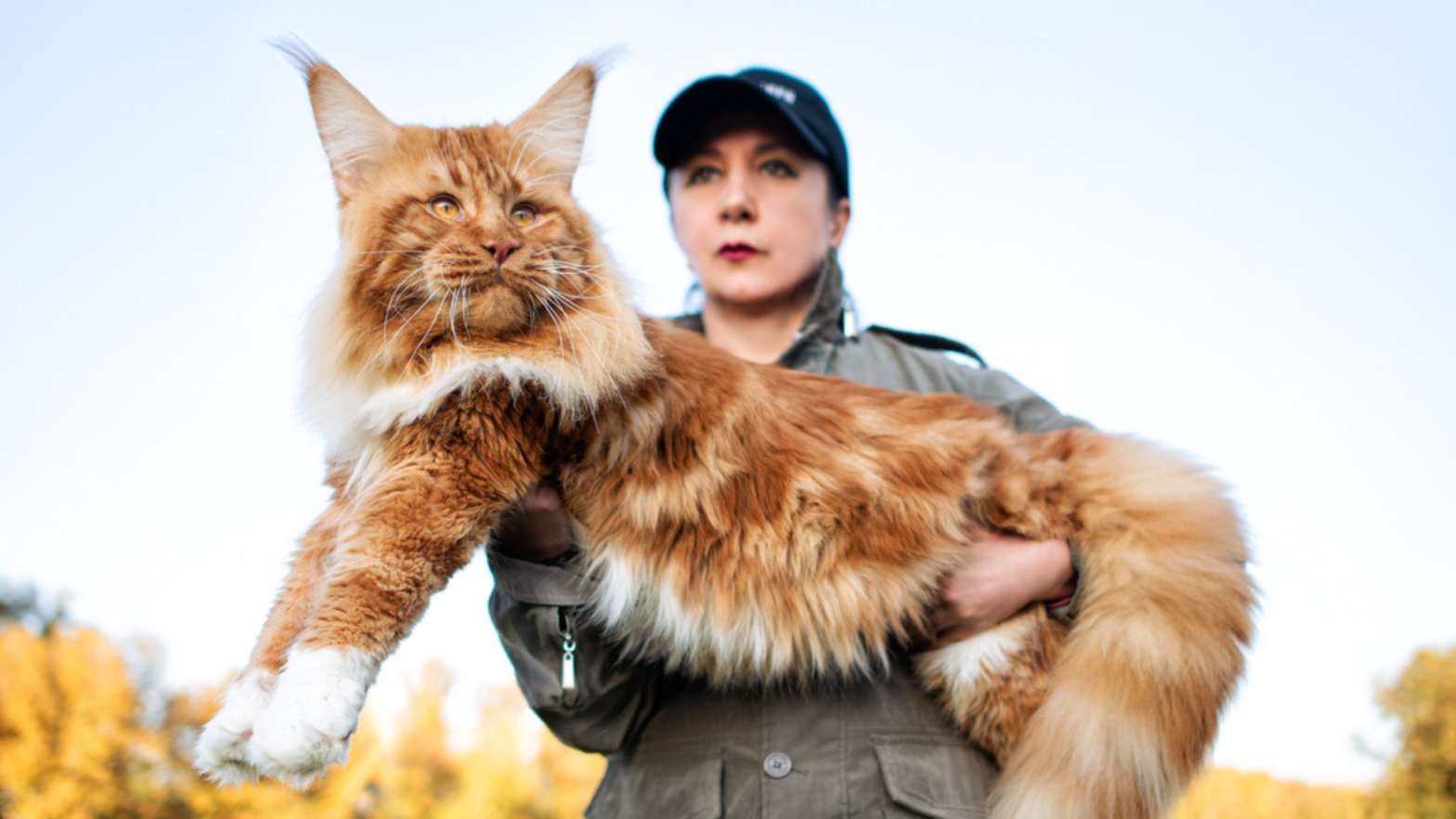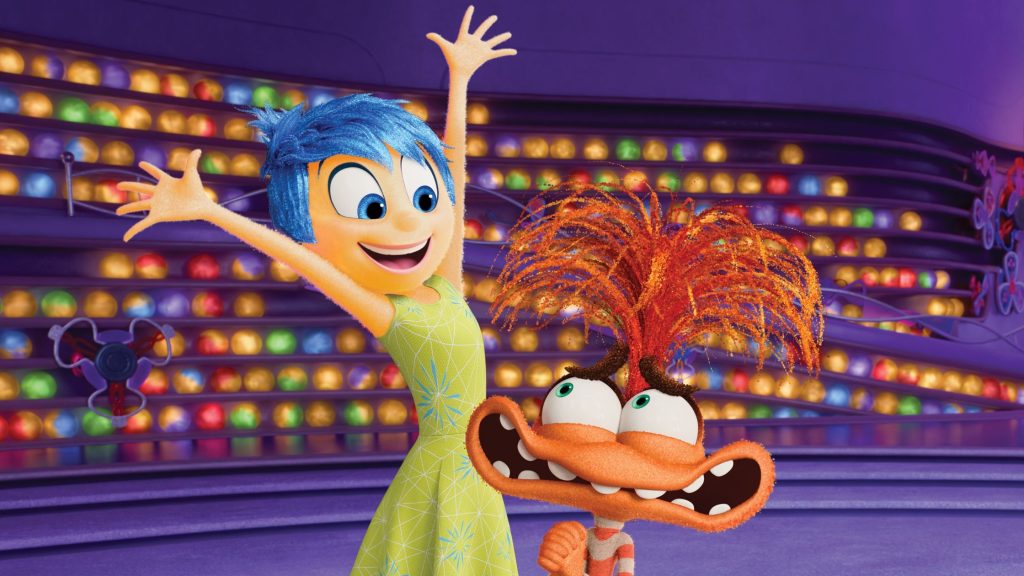
Unveiling the Majestic Maine Coon Americano: A Comprehensive Look at America’s Native Treasure
The Maine Coon Americano, often referred to as the Maine Coon, is an iconic American cat breed that has captivated the hearts of many with its majestic appearance and charming personality. This article will delve into the history, physical characteristics, temperament, care requirements, and health concerns of this beloved feline.
Table of Contents
History and Origin
Maine Coons are one of the oldest natural breeds in North America, with their origins tracing back to the state of Maine, where they were well-adapted to the harsh winters. There are several theories about their ancestry, including one that suggests they descended from longhaired cats that arrived in America on Viking ships or another that points to a connection with Marie Antoinette’s longhaired cats, which were sent to America before her execution.
Despite their mysterious beginnings, Maine Coons gained popularity in the late 19th century and were even exhibited at cat shows in New York and Boston. However, their popularity waned in the early 20th century with the introduction of other longhaired breeds. Fortunately, dedicated breeders worked to preserve the breed, and the Maine Coon Americano was officially recognized by the Cat Fanciers’ Association (CFA) in 1976.
Physical Characteristics
Maine Coons are known for their distinctive physical features, which include a large, muscular body, long, bushy tail, and tufted ears. They are one of the largest domesticated cat breeds, with males typically weighing between 13 to 18 pounds and females weighing between 8 to 12 pounds.
Their coat is long and shaggy, with a silky texture that comes in various colors and patterns. The most common colors are brown, black, and white, but they can also be found in shades of red, cream, and blue. Maine Coons have a ruff around their neck, similar to a lion’s mane, which adds to their regal appearance.
Temperament and Personality
Despite their impressive size and wild appearance, Maine Coon Americanos are known for their gentle and friendly nature. They are affectionate and sociable, often forming strong bonds with their human companions. These cats are also highly intelligent and playful, with a penchant for fetching toys and exploring their surroundings.
Maine Coons are generally easy-going and adaptable, making them suitable for various living environments, including apartments and houses with outdoor access. They are also known to get along well with children and other pets, provided they are properly introduced and socialized.
Care Requirements
As with any pet, proper care is essential to ensure the health and well-being of a Maine Coon Americano. Regular grooming is necessary to maintain their long, dense coat and prevent matting. Brushing their fur at least once a week and providing them with a scratching post can help keep their coat healthy and free of tangles.
A balanced diet is crucial for Maine Coons, as they are prone to obesity due to their large size. Providing them with high-quality cat food and monitoring their food intake can help prevent weight-related health issues. Regular veterinary check-ups, vaccinations, and parasite control are also important to maintain their overall health.
Exercise and mental stimulation are vital for Maine Coons, as they are an active and curious breed. Providing them with toys, scratching posts, and climbing structures can help keep them entertained and physically fit. Spending quality time with your Maine Coon and engaging in interactive play can also strengthen your bond and provide mental enrichment.
Health Concerns
While Maine Coon Americanos are generally a healthy breed, they are prone to certain health issues. Some of the most common health concerns include:
- Hypertrophic Cardiomyopathy (HCM): This is a form of heart disease that can affect Maine Coons. Regular veterinary check-ups and screenings can help identify and manage this condition.
- Hip Dysplasia: This is a genetic condition that affects the hip joint, causing pain and mobility issues. Proper nutrition and weight management can help prevent or manage this condition.
- Polycystic Kidney Disease (PKD): This is an inherited condition that causes cysts to form in the kidneys, leading to kidney failure. Regular veterinary check-ups and screenings can help identify and manage this condition.
- Spinal Muscular Atrophy (SMA): This is a genetic condition that affects the spinal cord and muscles, causing weakness and muscle wasting. Genetic testing can help identify carriers and prevent the breeding of affected cats.
Conclusion
The Maine Coon Americano is a majestic and captivating cat breed that has won the hearts of many with its unique appearance and charming personality. With proper care, attention, and veterinary support, these gentle giants can make wonderful companions and enrich the lives of their human companions. By understanding their history, physical characteristics, temperament, and health concerns, potential owners can provide a loving and nurturing environment for these remarkable felines.
June 1, 2024
















